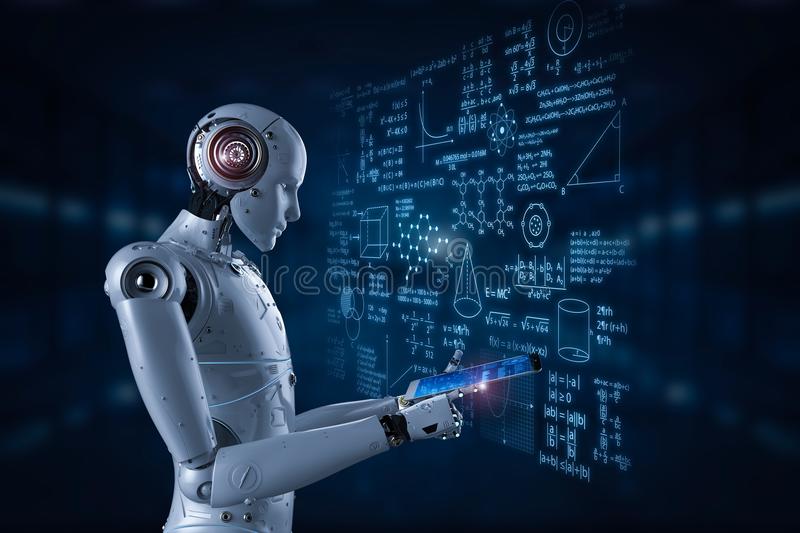
Impact of Ai in Human life
14:40 09 April
in Artificial Intelligence
Artificial Intelligence (AI) has had a significant impact on human life in a variety of ways, ranging from positive to negative. Some of the most notable impacts of AI on human life are:
- Automation of Jobs: AI has the potential to automate repetitive and mundane tasks that were previously done by humans. This can lead to the loss of jobs in certain industries, but it can also free up human workers to focus on higher-level tasks that require creativity, critical thinking, and problem-solving skills.
- Healthcare: AI is being used in healthcare to improve patient outcomes and reduce costs. For example, AI can be used to analyze medical images, identify patterns in patient data, and predict patient outcomes.
- Personalization: AI is being used to personalize products and services for individual users based on their preferences, behavior, and demographics. This can lead to a better user experience and increased customer satisfaction.
- Surveillance: AI is being used for surveillance purposes, such as monitoring public spaces and detecting suspicious activity. While this can enhance public safety, it also raises concerns about privacy and civil liberties.
- Bias: AI systems can inherit biases from their data sources and developers, leading to discriminatory outcomes. This is a significant concern, as AI is increasingly being used to make decisions that affect people’s lives, such as in hiring, lending, and criminal justice.
Overall, the impact of AI on human life is complex and multifaceted. While AI has the potential to revolutionize many aspects of our lives for the better, it also poses significant ethical and societal challenges that must be addressed.


